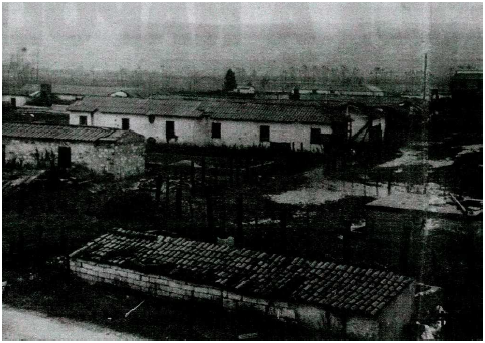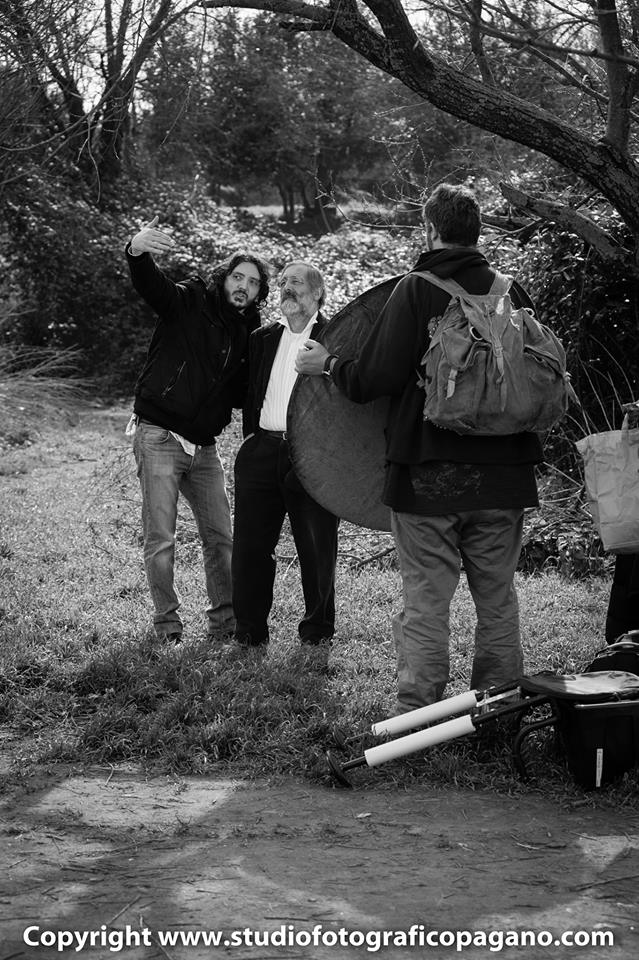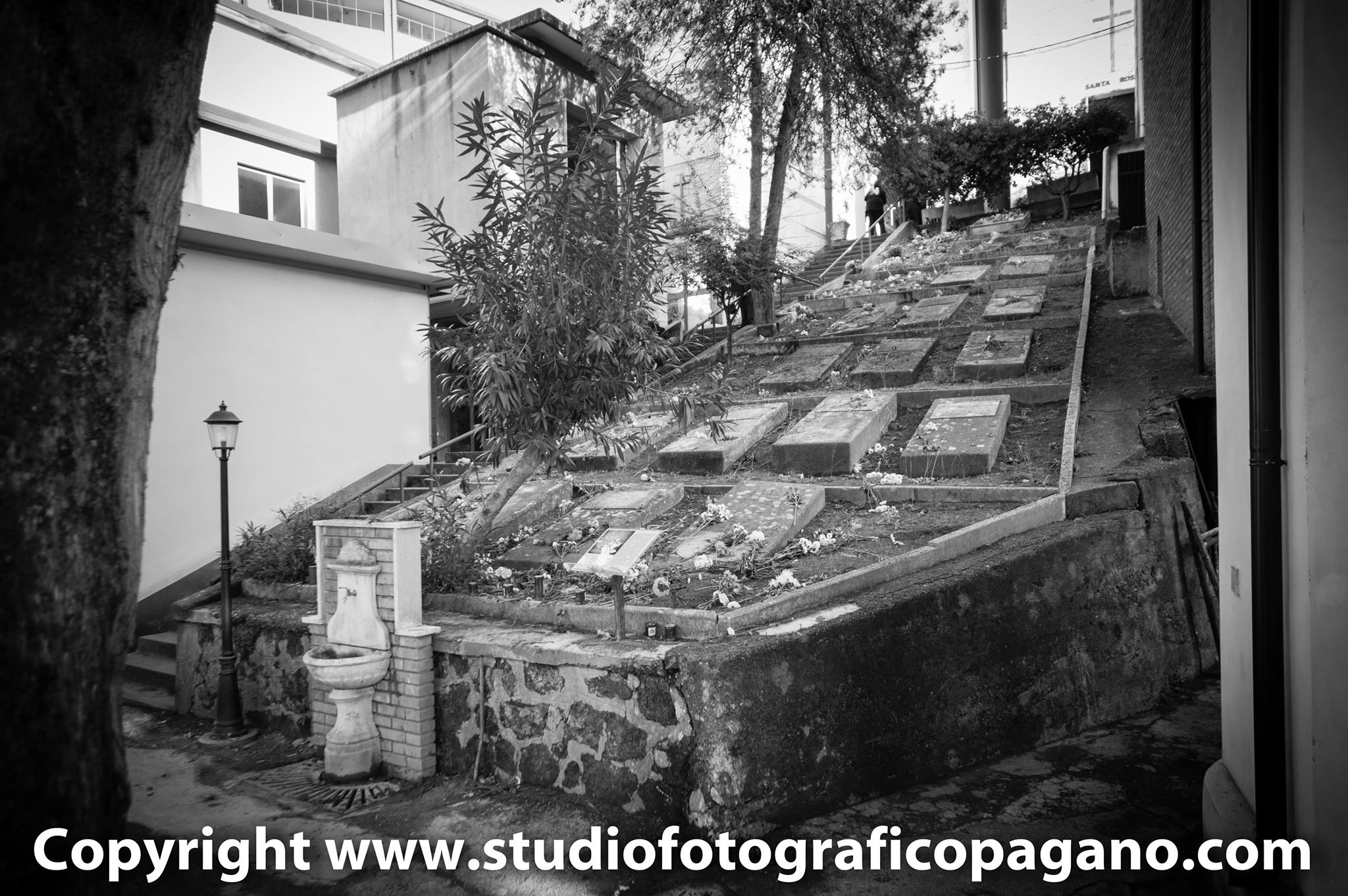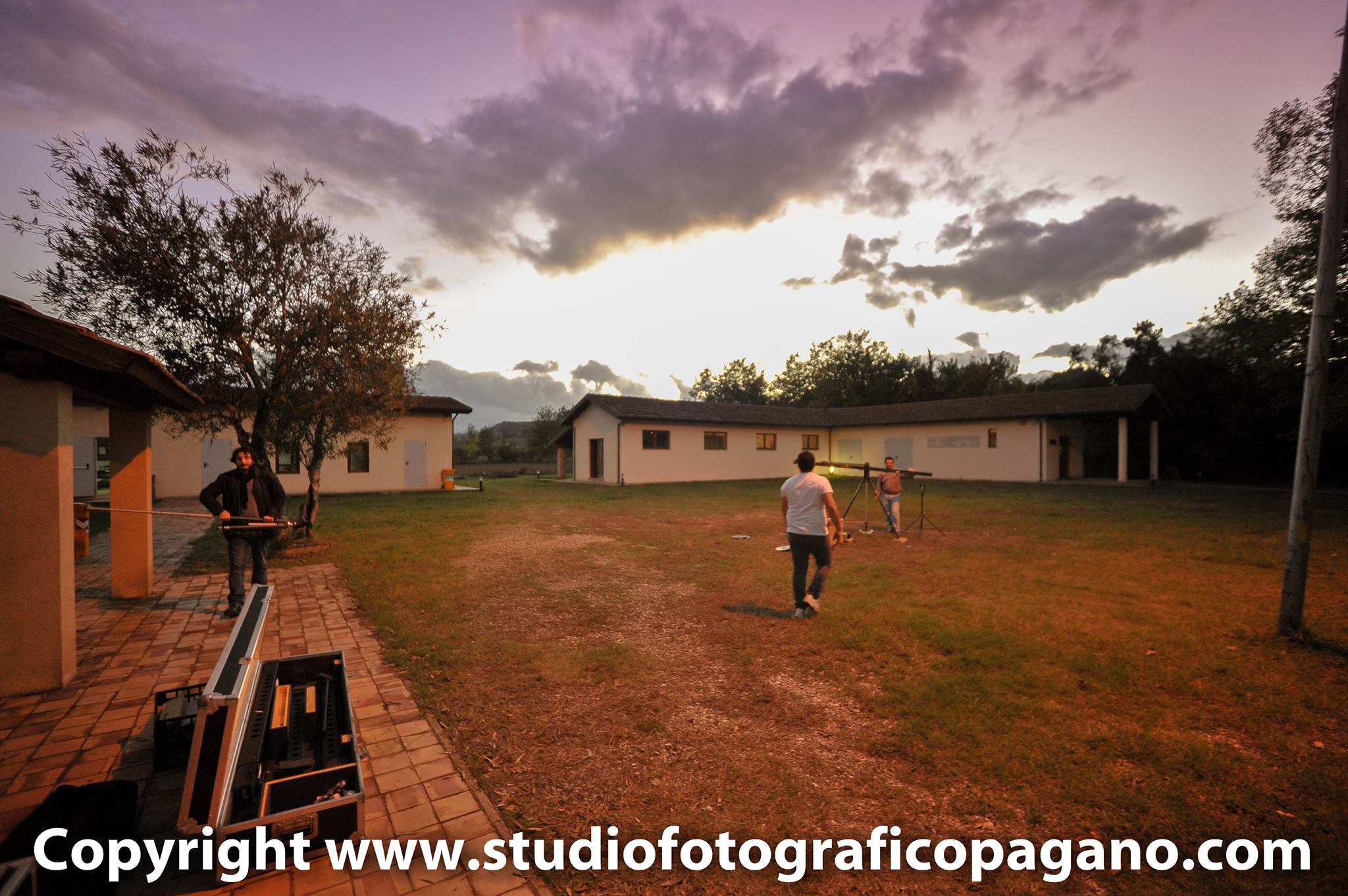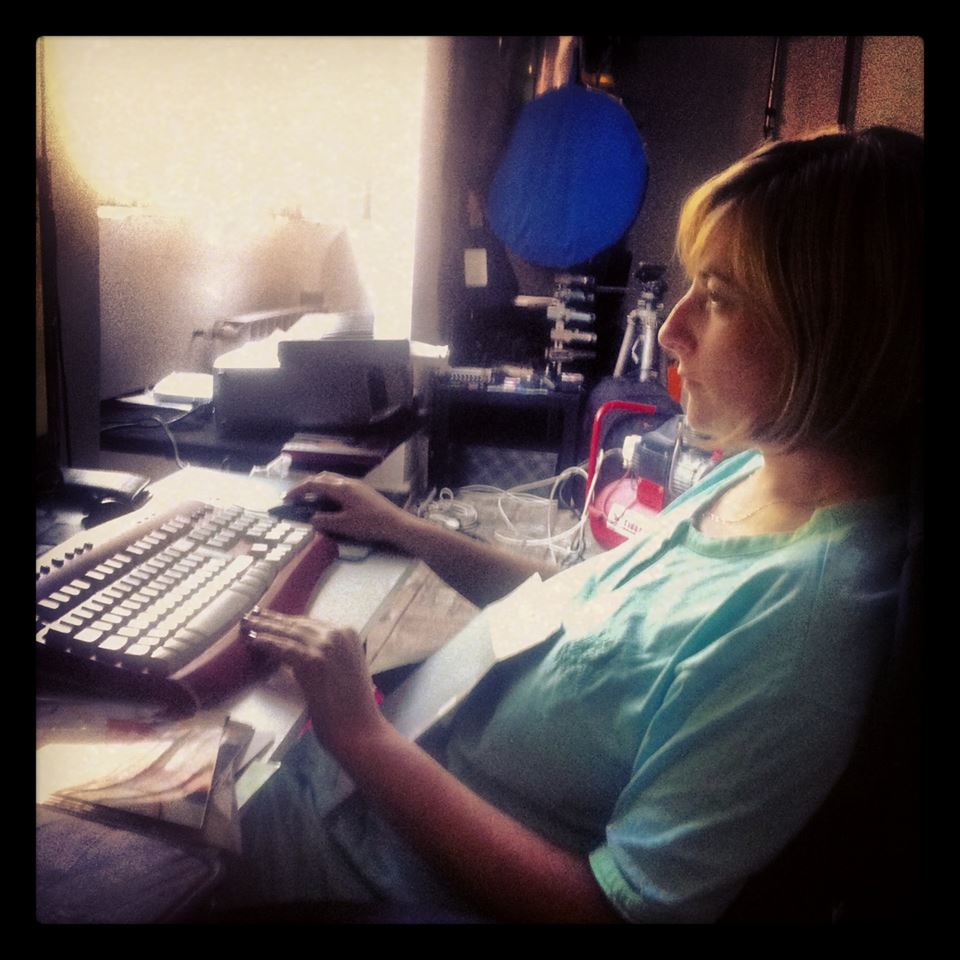Ferramonti: the suspended camp brings to life the momentous story of the foremost concentration camp among the many established by Mussolini's fascist regime, between June and September 1940, following the entry of Italy into World War II.
The internees included foreign-born Jews who were present in Italy, Austrians, French, Slavs, Greeks, Chinese and all stateless people, not only those being guilty of having Jewish blood.
Finally liberated by the British in September 1943, the camp was actually active for four years as many ex-inmates, fearing being caught again, remained within the "relative safety" of the Ferramonti di Tarsia camp until the end of the War when it was officially closed down on December 11th, 1945.
The narration revolves around Memorial Day, the annual commemoration of the victims of Nazism, Fascism and in particular the Holocaust.
The facts are described by surviving inmates and by their progeny, now living all over the world. 3D reconstruction of the camp and HD filming offer a comprehensive picture of the truth behind the fascist propaganda of the period and exposes the scandalous cover-up carried out immediately after the war.
As the counterpart of the famous Mr. Schindler, Ferramonti had a businessman who exploited his friendship with fascist officers by making money off every inmate. This character is uncovered in the documentary, as are his successful post-war years during the reign of the centre positioned Italian Christian Democrats when he was able to delete proof of his perfidy, prospering and even becoming Mayor of a town near Rome.
One particularly moving "story within the story" is the incredible yearlong odyssey of the 'Pentcho' ship, its fugitives and then their lives as prisoners in Calabria.
The production intends to honour all those who risked their lives to protect the persecuted, and the documentary offers a careful reconstruction of all the facts.
As of the choice of where to locate the camp, the dirty business deals behind its very construction, the hellish every-day life that took place within it and the relationships between prisoners of different ethnic groups. Through the testimony of survivors, the evidence of historians and original documents (as for example unique footage shot by a British military operator, provided by the Imperial War Museum in London), the intention is to explore the subject in all its particularity in order to portray, as realistically as possible, a poignant period, far-away in time and space, but still part of a recent history never to be forgotten.




